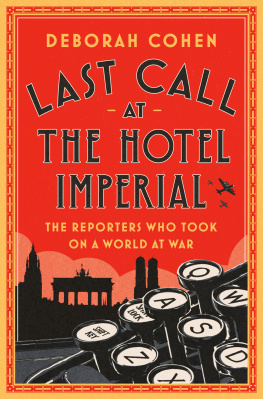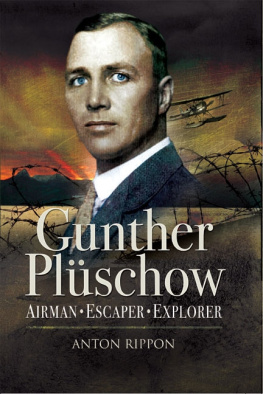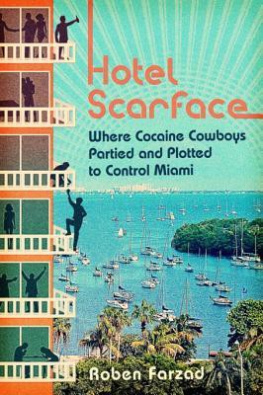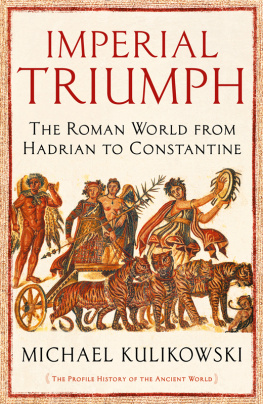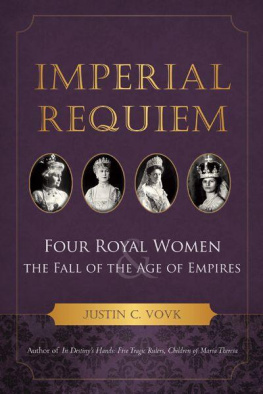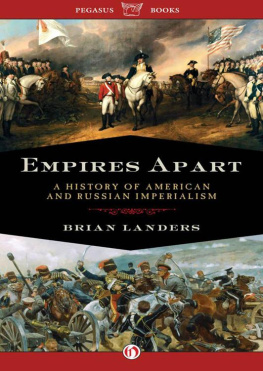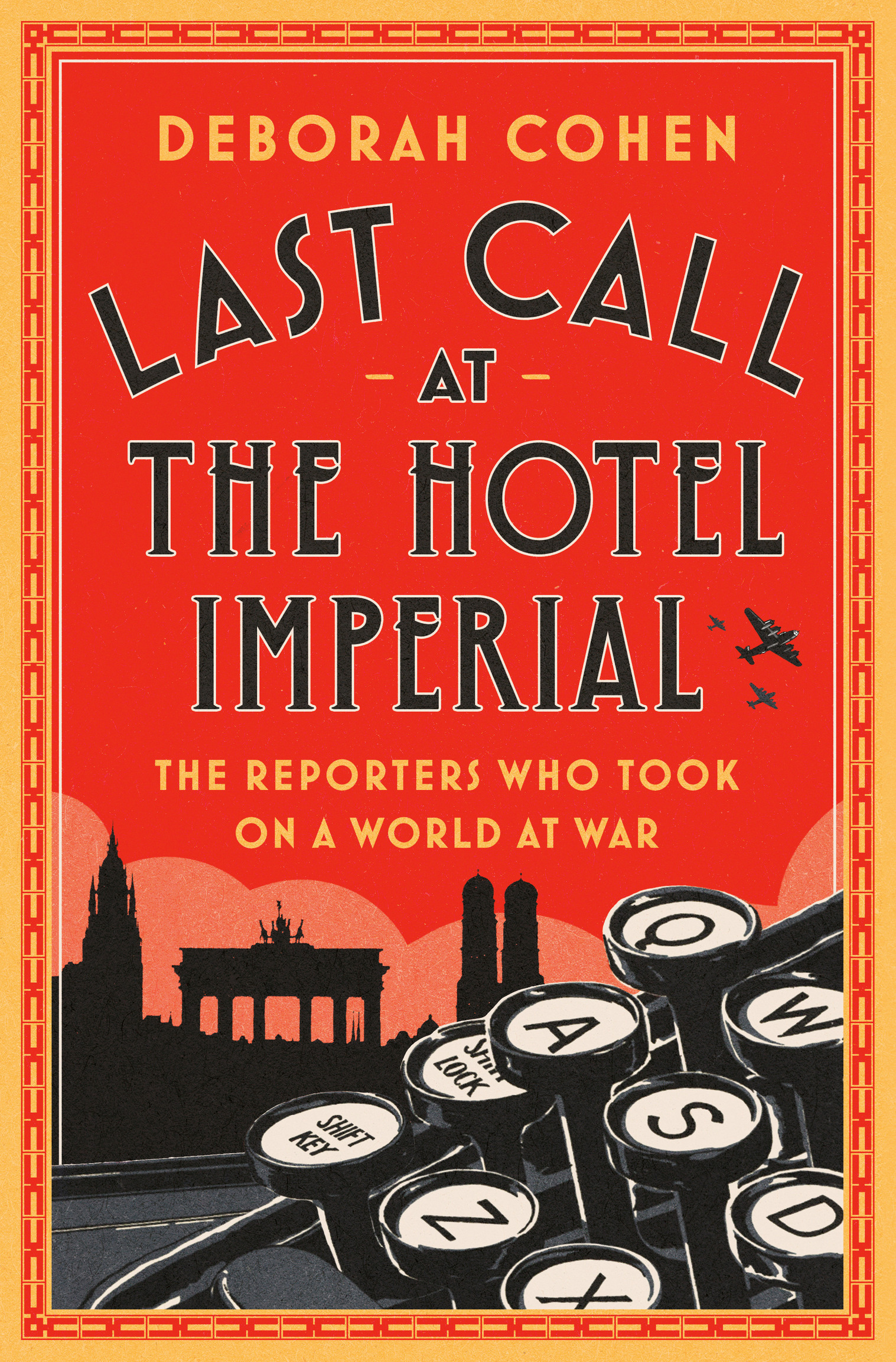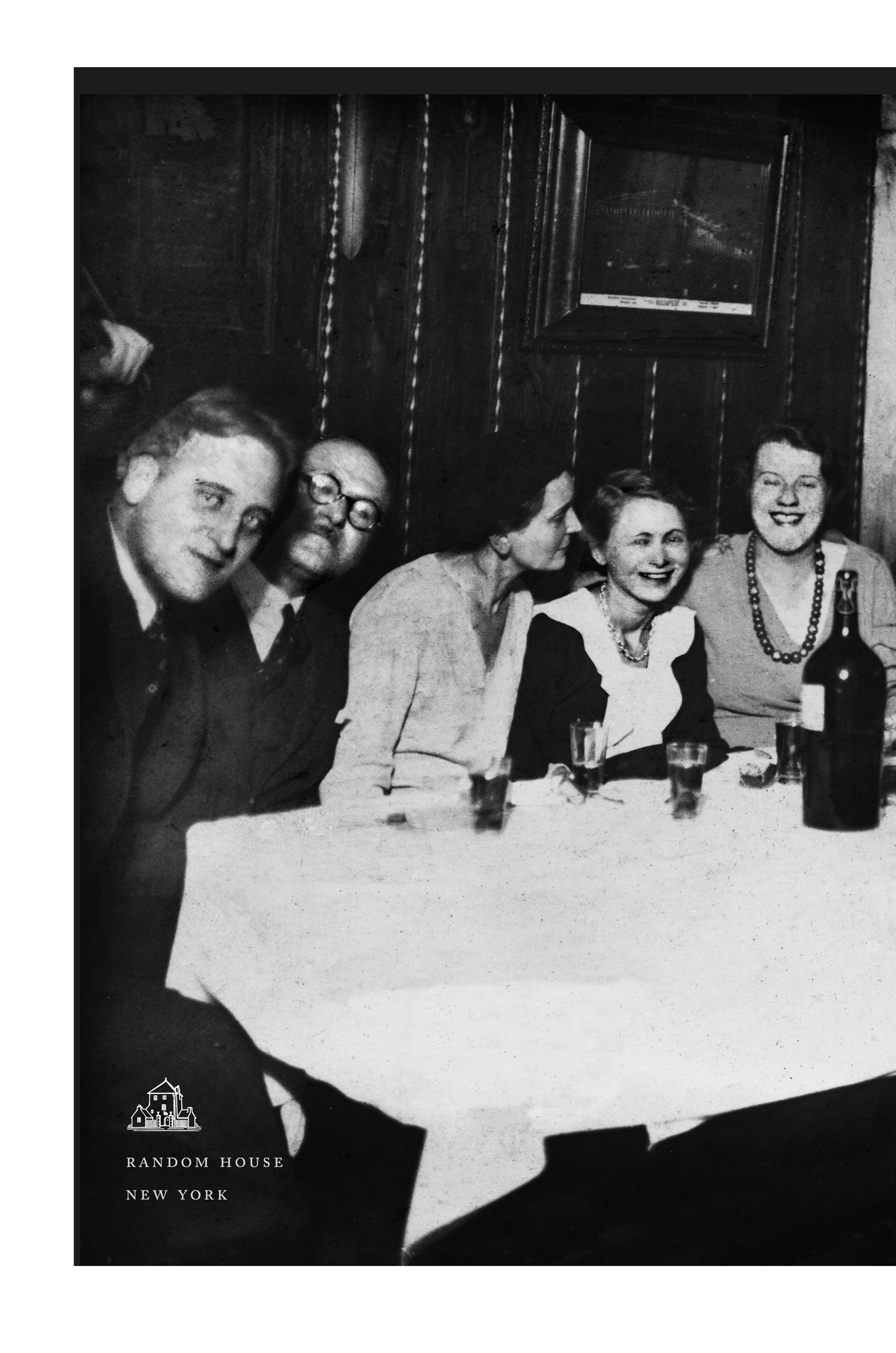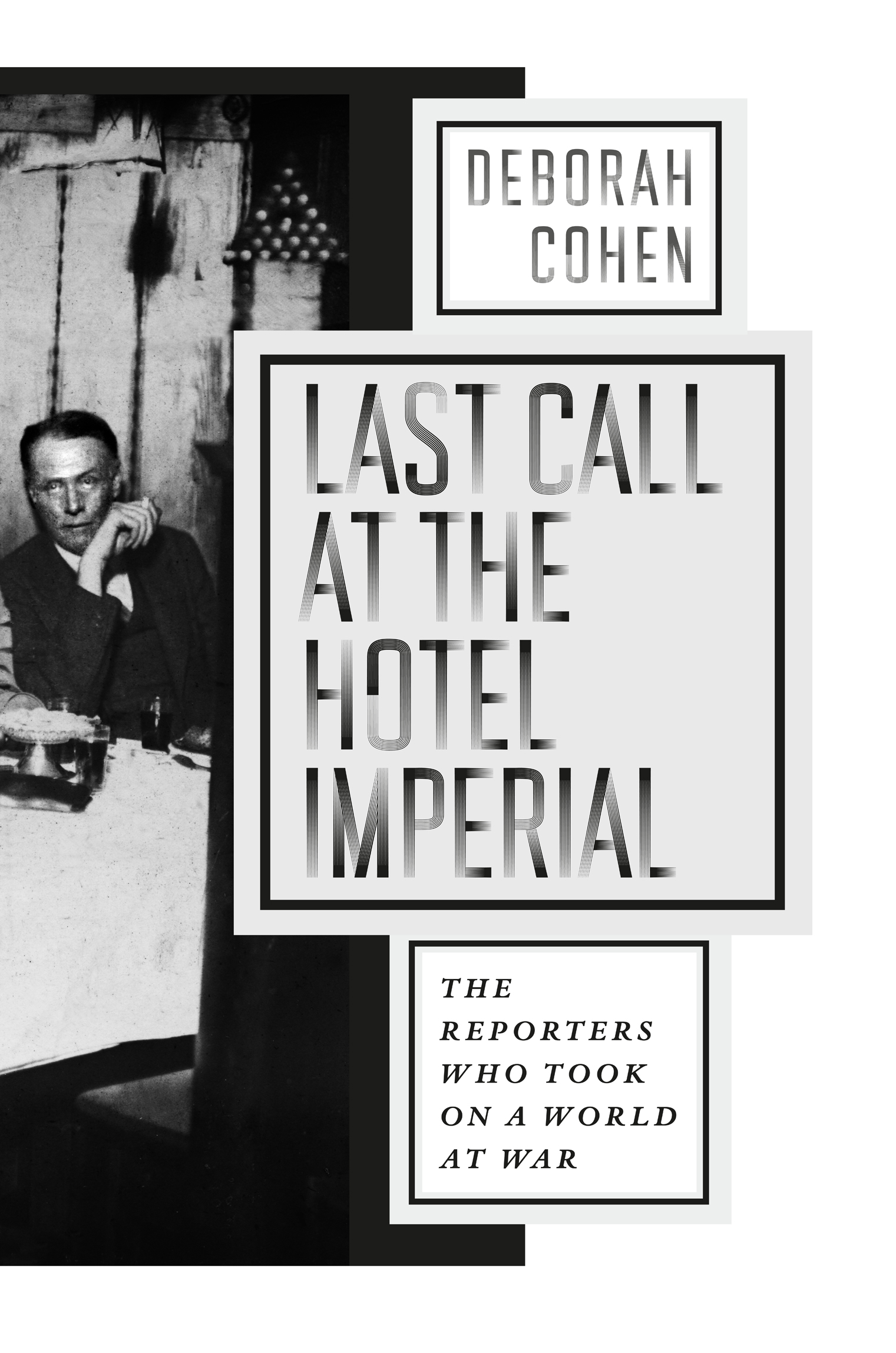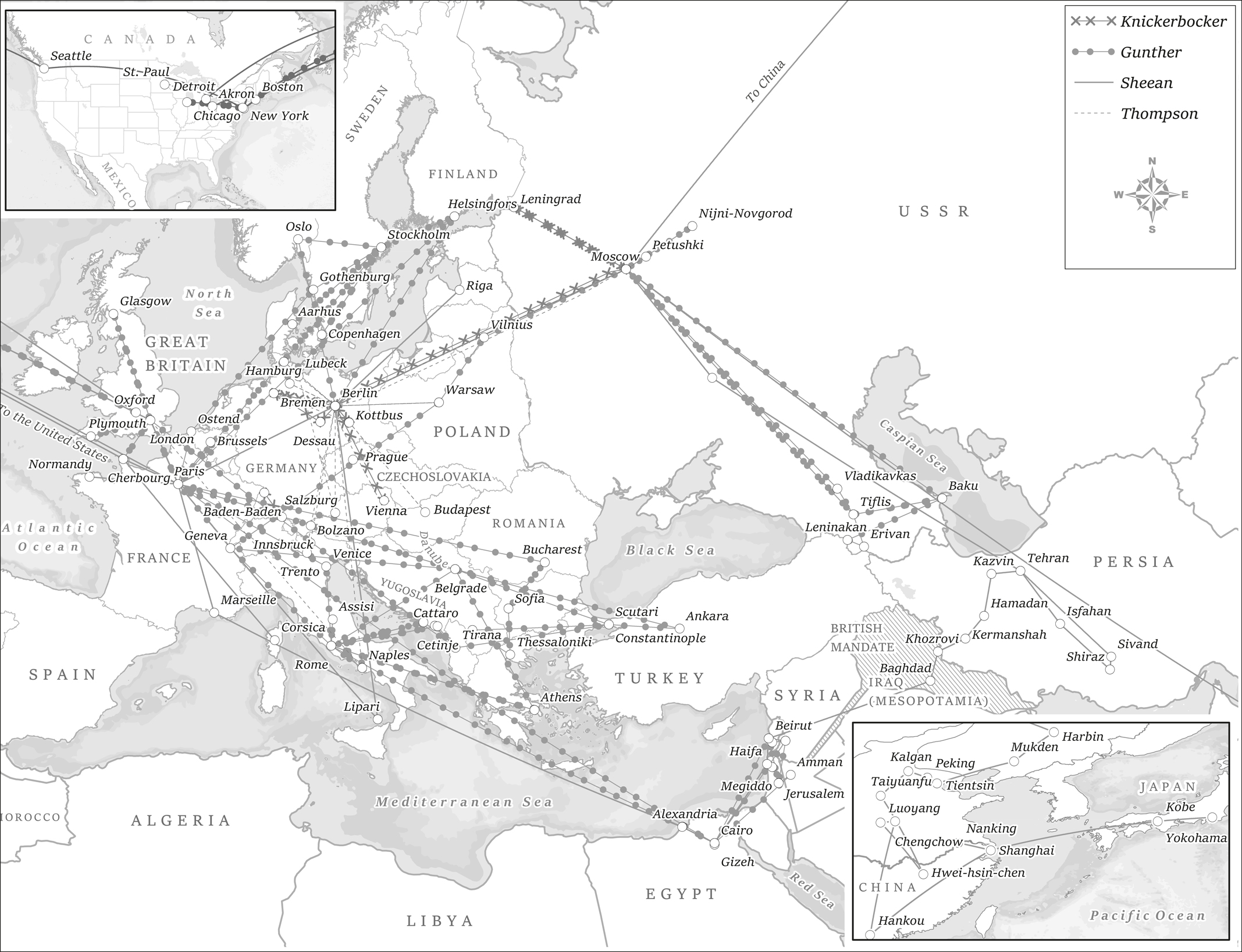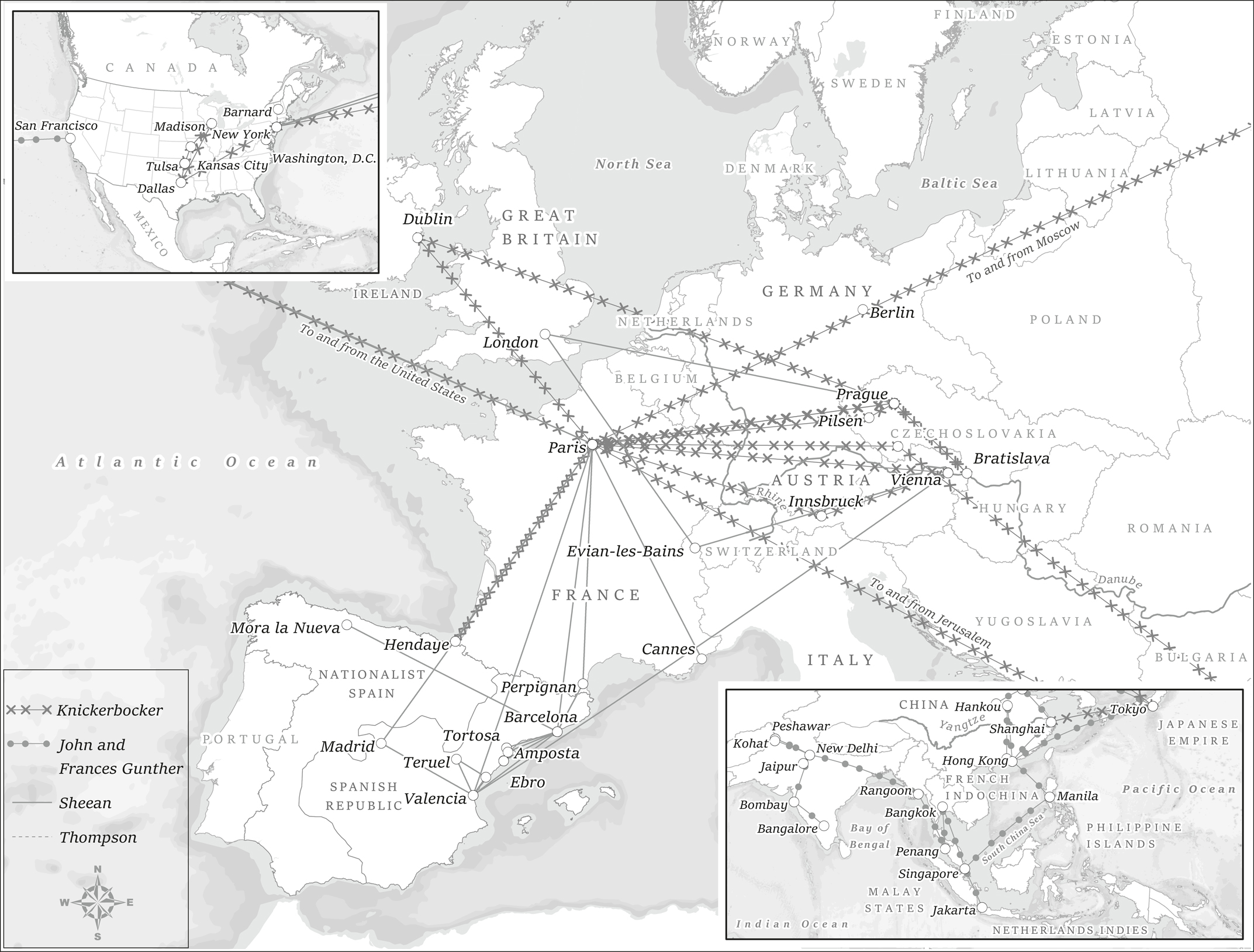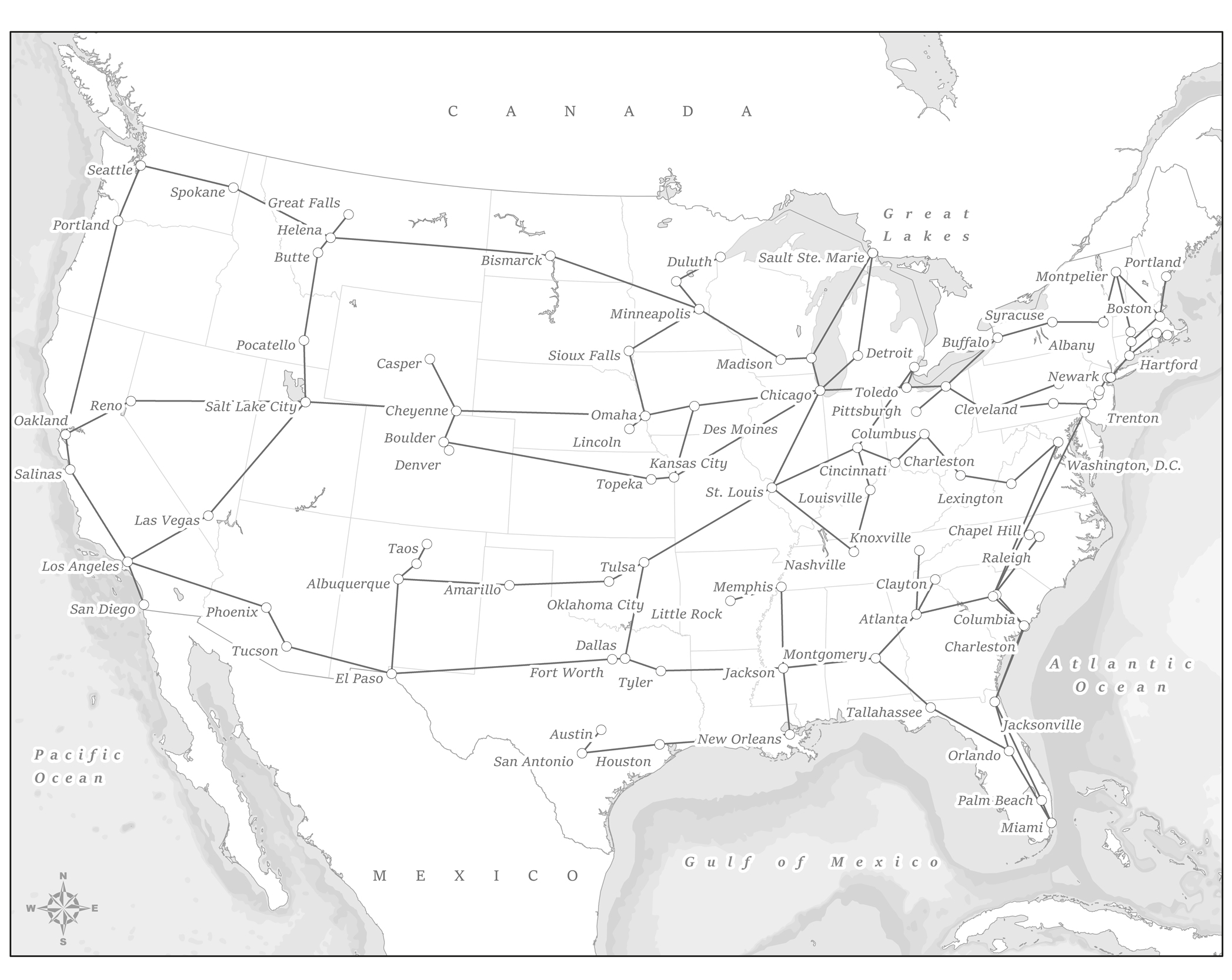BY DEBORAH COHEN
THE WAR COME HOME: DISABLED VETERANS IN BRITAIN AND GERMANY, 19141939
HOUSEHOLD GODS: THE BRITISH AND THEIR POSSESSIONS
FAMILY SECRETS: SHAME AND PRIVACY IN MODERN BRITAIN
LAST CALL AT THE HOTEL IMPERIAL: THE REPORTERS WHO TOOK ON A WORLD AT WAR
Copyright 2022 by Deborah Cohen
All rights reserved.
Published in the United States by Random House, an imprint and division of Penguin Random House LLC, New York.
Random House and the House colophon are registered trademarks of Penguin Random House LLC.
Library of Congress Cataloging-in-Publication Data
Names: Cohen, Deborah, author.
Title: Last call at the Hotel Imperial : the reporters who took on a world at war / Deborah Cohen.
Description: First edition. | New York : Random House, [2022] | Includes bibliographical references and index.
Identifiers: LCCN 2021035621 (print) | LCCN 2021035622 (ebook) | ISBN9780525511199 (hardcover) | ebook ISBN9780525511205
Subjects: LCSH: Foreign correspondentsUnited StatesBiography. | JournalismUnited StatesHistory20th century.
Classification: LCC PN4871 .C594 2022 (print) | LCC PN4871 (ebook) | DDC 070.922 [B]dc23/eng/2021121
LC record available at https://lccn.loc.gov/2021035621
LC ebook record available at https://lccn.loc.gov/2021035622
randomhousebooks.com
Title page image: An evening out in Vienna. From left to right: John Gunther, M. W. Fodor, Martha Fodor, Frances Gunther, Dorothy Thompson, Sinclair Lewis.
Book design by Barbara M. Bachman, adapted for ebook
Cover design: Faceout Studio/Jeff Miller
Cover images: Chronicle/Alamy Stock Photo (typewriter), Bridgeman Images (Buildings), Shutterstock (texture, planes, border)
ep_prh_6.0_139403815_c0_r0
Contents
PERSONAE
INNER CIRCLE
John Gunther : Chicago-born foreign correspondent (b. 1901). Interviewed Leon Trotsky, Tom Masaryk, and Winston Churchill, among others, for the Chicago Daily News. Author of Inside Europe (1936) and Death Be Not Proud (1949). A fixture of the American bestseller lists from the mid-1930s through the 1950s.
Frances Fineman Gunther : Born in New York, 1897. Foreign correspondent for the London News Chronicle, as well as a Zionist, an Indian nationalist, and the author of Revolution in India (1944).
H. R. Knickerbocker (Knick) : Born in Yoakum, Texas, 1898. Foreign correspondent for the Philadelphia Public Ledger and Hearsts International News Service, awarded Pulitzer Prize in 1931 for series on Stalins first Five-Year Plan. Married to Agnes Knickerbocker.
James Vincent (Jimmy) Sheean : Born in Pana, Illinois, 1899. International journalist, author of Personal History (1935), awarded the inaugural National Book Award for Biography. Married to Dinah Forbes-Robertson Sheean.
Dorothy Thompson : Born in Lancaster, New York, 1893. First woman chief of a major American overseas news bureau (Berlin), widely syndicated political columnist for the New York Herald Tribune. First husband: Joseph Bard; second husband, Sinclair Lewis; third husband, Maxim Kopf.
OUTER CIRCLE
Marcel Fodor : b. 1890, Hungarian foreign correspondent, Vienna correspondent for the Manchester Guardian, central European correspondent for American papers, including the Philadelphia Public Ledger and New York Evening Post.
Emily (Mickey) Hahn : b. 1905, St. Louis, writer for the New Yorker, reporting from Shanghai as of 1935, author of China to Me (1944) and dozens of other books.
Jawaharlal Nehru : b. 1889, Allahabad (British India). Leader of the Indian freedom struggle, first prime minister of India.
Harold Nicolson : b. 1886, Tehran. British diplomat, Member of Parliament and writer (including Some People and Peacemaking 1919). Husband of Vita Sackville-West.
Edward (Eddy) Sackville-West : b. 1901, London. Music critic and heir to Knole, 5th Baron Sackville.
William (Bill) Shirer : b. 1904, Chicago, reared in Cedar Rapids, Iowa. Foreign correspondent for the Chicago Tribune, including stints in Vienna and India, later broadcasting for CBS. Author of The Rise and Fall of the Third Reich (1960).
Rebecca West : b. 1892, London. Writer, TheReturn of the Soldier (1918) and Black Lamb and Grey Falcon (1941), among many others.
This map uses the historic place names conventional in American cartography during the year 1938. Boundary lines are fixed in February 1938.
Map 1. The travels of John Gunther, H. R. Knickerbocker, Vincent Sheean, and Dorothy Thompson, 19261928
This map uses the historic place names conventional in American cartography during the years 19261928.
Sources : Newspaper cutting books of John Gunther, H. R. Knickerbocker, and Dorothy Thompson; Sheeans Personal History, and articles from newspapers.com. The maps accurately reflect the order and destinations of the reporters trips, though not necessarily the precise routes followed.
Map 2. The travels of John and Frances Gunther, H. R. Knickerbocker, Vincent Sheean, and Dorothy Thompson, 1938
This map uses the historic place names conventional in American cartography during the year 1938. Boundary lines are fixed in February 1938.
Sources : Newspaper cutting books of John Gunther and H. R. Knickerbocker, Frances Gunthers travel diary, articles from newspapers.com. The maps accurately reflect the order and destinations of the reporters trips, though not necessarily the precise routes followed.
Map 3. John Gunthers Inside U.S.A. travels, 19441945
PROLOGUE
SEPTEMBER 1939
T he Nazi spies were watching from the shore as the passengers boarded the Dutch liner in Southampton, England, bound for New York. The war was a few weeks old, and every transatlantic ship was full. England would be bombed from the airthat was a certainty. Prepare for poison gas attacks, the British government had instructed its populace. To accommodate the crowds scrambling for berths, the ships crew had set up cots in the gymnasium and filled the Delft-tiled swimming pool with makeshift bunks.
At the harbor, newly minted security officials, zealous in their duties, were screening every traveler. Overzealous, judged some of the passengers, especially the well-heeled ones, as the guards picked through their valises and badgered them with questions about their plans abroad and their acquaintances in America. The security officials had been warned about smugglers and saboteurs trying to get on board. At this rate, it would be hours before all the passengers had made their way through the long lines onto the ship.

